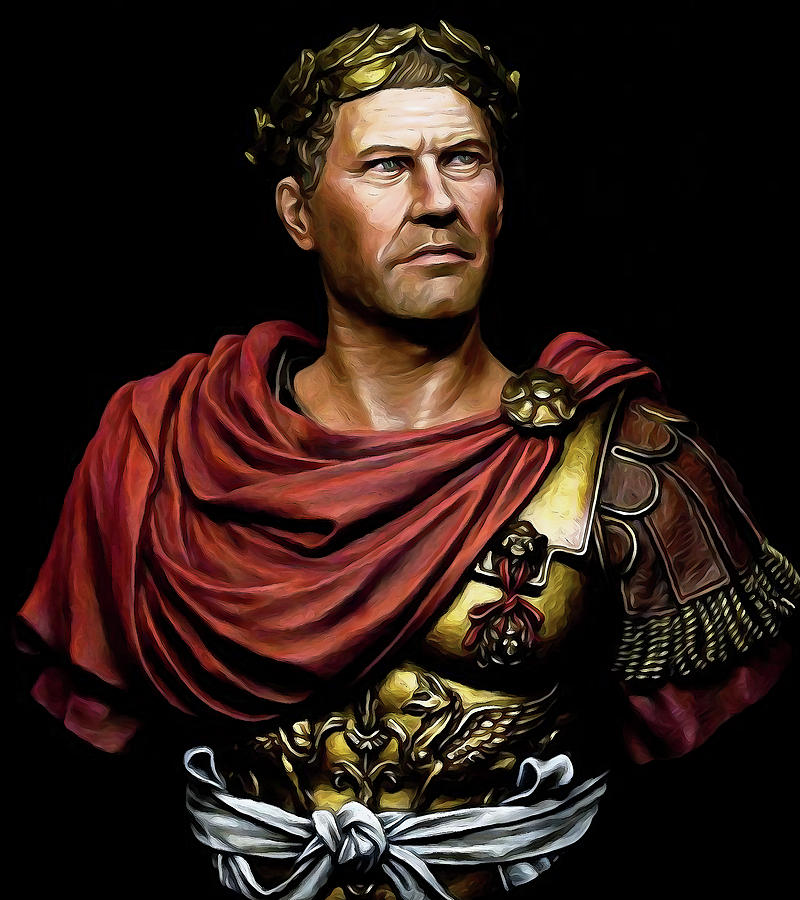
At the time of her death, Roman occupiers held Cleopatra under house arrest, and they intended to keep her alive. Her own death has been attributed to cobra venom, but scholars are not in agreement. She then experimented with venomous snakes. Some prisoners experienced seizures or nausea, and she wanted to find the perfect poison that would allow her to die quickly and peacefully. Using tinctures, which were mixtures of plant extracts dissolved in alcohol, Cleopatra would note how long it took the prisoner to die and which side effects resulted.

She used condemned prisoners to experiment on with lethal concoctions. Cleopatra Played with PoisonsĬleopatra was anticipating Roman forces to destroy her dynasty and tested which poisons would offer her the fastest, least painful death. The cocktail, however, would likely have a fishy taste that was not enjoyable. And that 5 percent acetic acid solution would take three minutes to react fully with powdered calcium carbonate. Roman Senator Lucius Plancus declared her the winner of the bet.Īlthough some scholars say vinegar is not acidic enough to dissolve a pearl, others contend the calcium carbonate in a pearl would indeed react with the acetic acid. After the pearl dissolved, she drank the vinegar, thus consuming more than 10 million sesterces in a single sitting. With Marc Antony watching, she removed one of her priceless pearl earrings and dropped it in the vile. He also doubted she reached the agreed upon price tag.įor the second course, Cleopatra arranged for a servant to place a vile of vinegar in front of her. The next day, she hosted a beautiful banquet that Marc Antony was said to have enjoyed.

Using her chemistry knowledge, Cleopatra won a famous bet against Marc Antony.Īccording to the legend, Cleopatra and Marc Antony were enjoying a feast when she bet she could spend 10 million sesterces on a single banquet. Here are three documented examples of Cleopatra’s scientific prowess. She also contributed to The Great Library of Alexandria, which was eventually destroyed after Cleopatra’s death during the Roman occupation.Īrabic-language texts note her legacy as a scientist and a scholar. Cleopatra supported advancements in science and medicine.


 0 kommentar(er)
0 kommentar(er)
